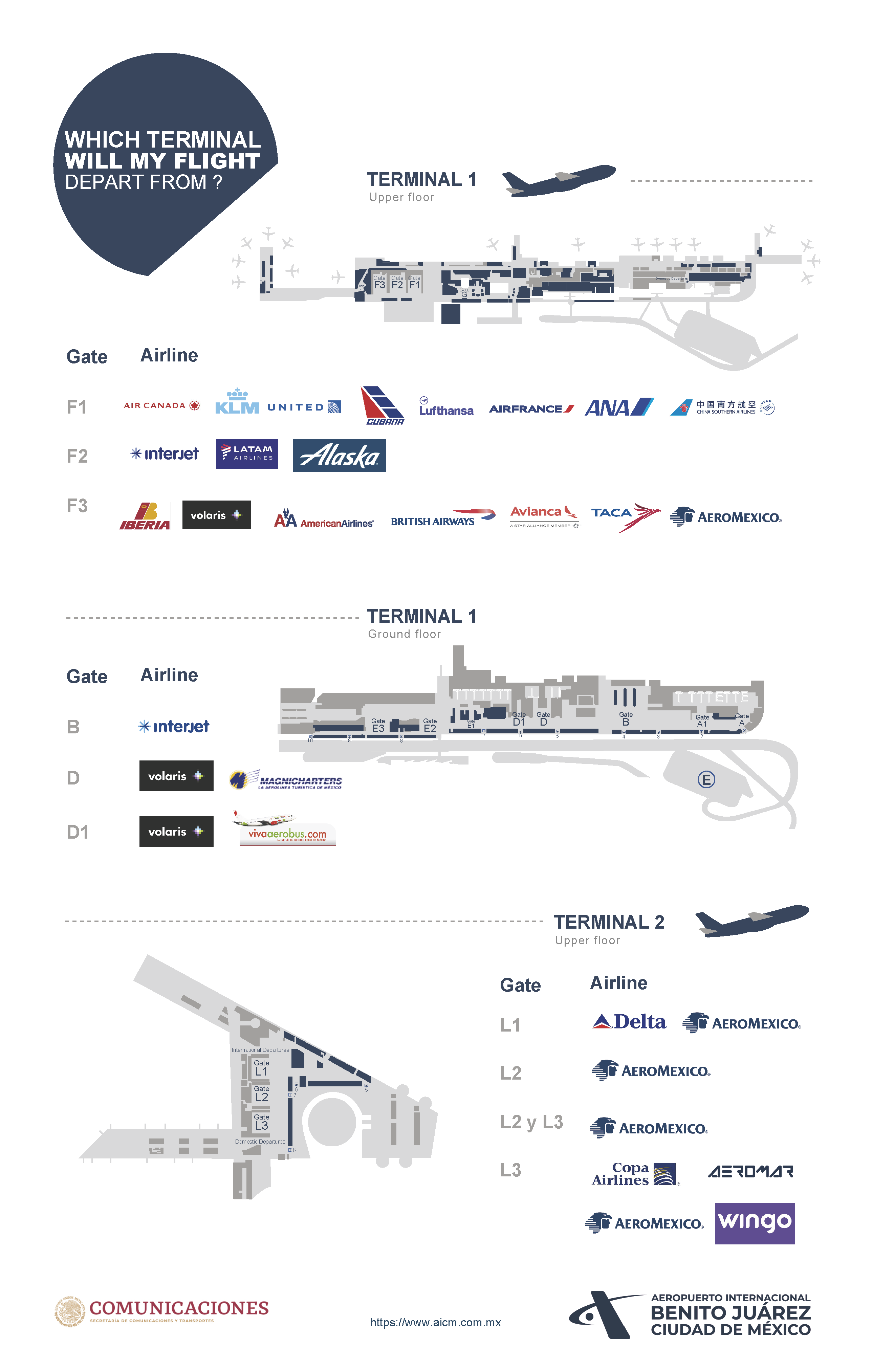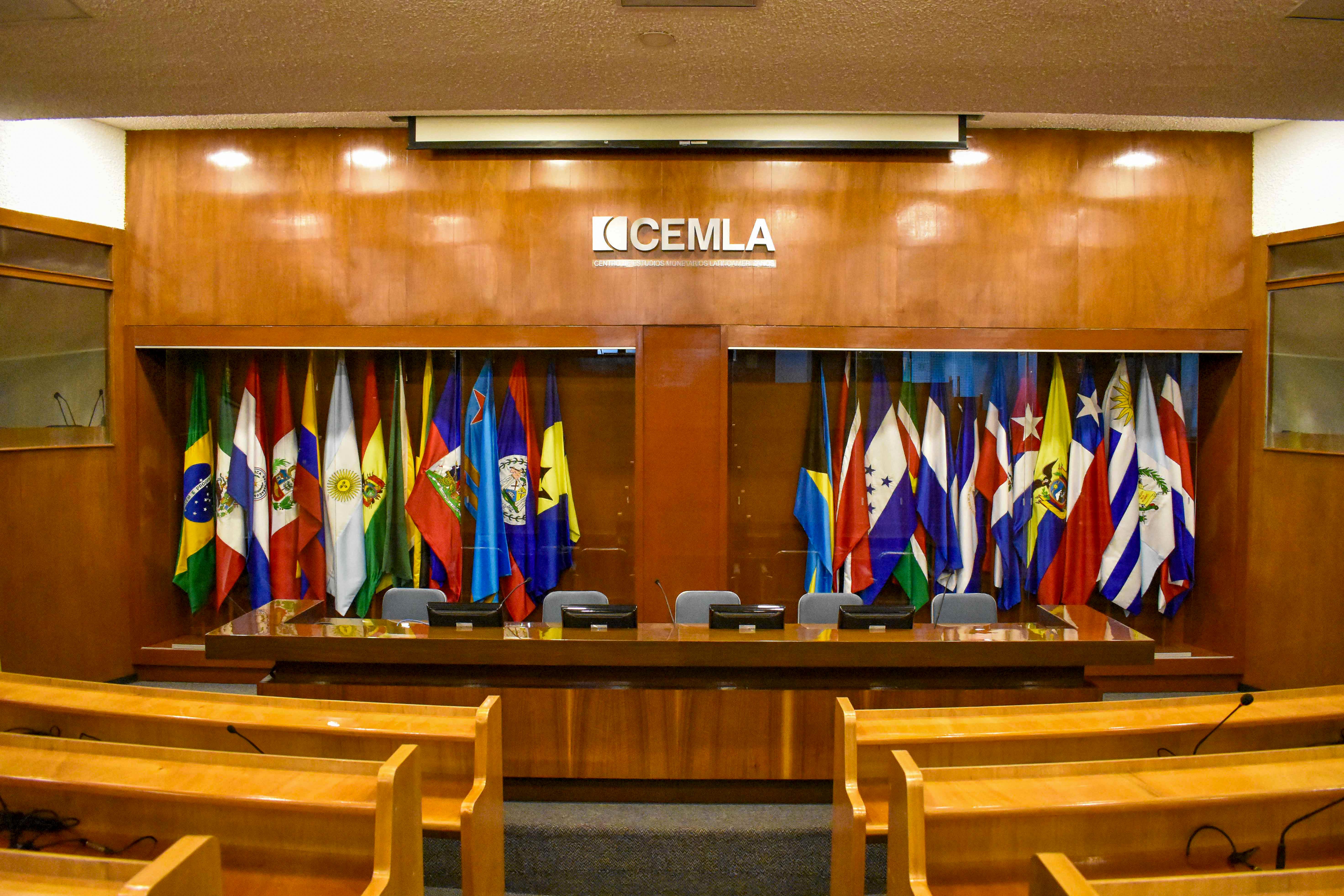
CEMLA Course: Macroeconomics and Numerical Methods
June 23 - 27, 2025
CEMLA Mexico City, Mexico
Face-to-face
The modern analysis of macroeconomics and in particular of macroeconomic policies, requires the use and mastery of numerical approximation techniques, solution of partial and general equilibrium models, and policy simulation. Since the Membership brings together a group of professionals dedicated to the proposal and solution of economic problems, focused on the formulation and conduct of monetary policy, the Course arises as an initiative of CEMLA to offer an introductory look to analysts and researchers who are familiar with theoretical aspects of modern macroeconomics, but whose exposure to quantitative methods is rather incipient. The course is interactive, combining theoretical discussions related to each particular tool and its application on the computer, for which MATLAB execution codes will be shared. Applications of interest in the field of macroeconomics will be developed, taking advantage of the flexibility of the codes so that the user can use them for their own benefit and allow them to answer their own research questions.
The discussion is organized in three sections. The first one deals with discrete approximation methods of continuous stochastic processes, necessary to implement in the computer algorithms whose theoretical properties are widely documented in the most well-known textbooks. The second section focuses on representative agent economies, whose use is widespread in the profession, thus offering the perfect prelude to the discussion of models that have been gaining popularity in times when heterogeneous effects of macroeconomic policies are of special interest. The third section will deal with the solution of heterogeneous agent economies.
All course materials, including slides, handouts, and Matlab codes, are available at:
Gustavo Leyva - Teaching

Gustavo Leyva Jiménez
Gustavo conducts research on macroeconomics and labor economics. He is currently a Senior Research Economist at CEMLA. He recently worked in the Research Department of Banco de México. Gustavo received an M.A. and a Ph.D. in Economics at the University of Minnesota in 2013 and 2016. He also earned his M.A. in Economics from the University of Chile in 2008, after which he joined the Research Department of the Central Bank of Chile. His leading publications appear in the Journal of International Economics, the IMF Economic Review, and the Review of Economic Dynamics.
Venue Information
CEMLA is located in Durango 54, Col. Roma, Cuauhtémoc, C.P. 06700 Ciudad de México, México; near downtown Mexico City.
Mexico City is located near the center of the country, at an average altitude of 2,300 meters above sea level, bordering the State of Mexico and the state of Morelos. The capital is connected by land to multiple destinations.
Time Zone
Mexico has a time difference with Greenwich Mean Time of -6 hours throughout its territory.
Weather
In Mexico City, the wet season is warm and overcast and the dry season is comfortable and partly cloudy. Throughout the year, the temperature usually ranges from 6°C to 26°C and is rarely below 3°C or above 30°C.
The warm season lasts for 2.5 months, from March 22 to June 8, with an average daily temperature above 20°C. The hottest month of the year in Mexico City is May, with an average high of 27°C and low of 13°C.
The cool season lasts for 2.5 months, from November 19 to February 3, with an average daily high temperature below 22°C. The coldest month of the year in Mexico City is January, with an average low of 6°C and high of 22°C.
Visa Information
All participants are responsible for all Passport and visa formalities, and if needed, to comply with health regulations.
Citizens of certain countries require a visa to enter Mexico. In the following link you will find a list of citizenships which require visas: Countries that require visas.
Exceptions apply if you have a visa or if you are a permanent resident of the United States, Canada or Europe. If you are a citizen of a country requiring a visa, please contact the closest Mexican consulate at: Mexican consulates.
If you require an invitation letter in order to obtain the visa, please email Olivia Fuentes (ofuentes@cemla.org) specifying your current affiliation and title of the paper that you will be presenting.
Currency and Exchange Rate
Official currency: Mexican peso (MXN).
For the updated exchange rate click here.
You will be able to make currency exchanges at exchange houses and in some bank offices. It is recommended to exchange money at the airport since exchange houses and banks near CEMLA and the suggested hotels are closed on weekends, and close early during the week (around 16:00 hrs). Usually, ATMs are available 24 hours. You may draw cash using international debit and credit cards with worldwide brands, like Visa, Mastercard, Visa Electron and Dinners. For more information, please visit (Banco de México) here.
VAT and others
- · VAT: 16%.
- · Hotel service: additional charge of 3.5% on top of lodging (ISH or lodging tax).
- · Tips at restaurants: from 10% to 15% depends on the service you have received.
Electricity Service
Energy: 127 volts AC at 60 cycles (127V AC, 60 Hz). Two flat-pin plugs and some with grounding.
Transportation
The Benito Juárez International Airport in Mexico City is located 13 kilometers from the Downtown. It has two terminals which are identified by Terminal 1 and Terminal 2 and both are connected by aerotrain and free bus transportation. For more information, you may find the airport website here.
When arriving to Mexico City, transportation from the airport to hotels can be done by transportation apps (such as Uber, Cabify, Didi and Lyft, among others), or taxi. For taxi transportation it is important to select a taxi company inside the airport (there are different options to select from once you exit customs and immigration), pay the cashier inside the airport and ask for the cab in the corresponding exit. The Mexico City International Airport (AICM) offers spaces or boarding areas for the use of authorized cabs accredited by the Ministry of Communications and Transportation (SCT) and regulated by the Airport, for more information on authorized cabs click here.
For transportation in Mexico City, we recommend participants to use transportation apps or taxi service taken from “SITIO” stands. We recommend that participants avoid taking taxis from the street. SITIO stands can be found in several locations and phone numbers to call for taxis can be obtained in the hotels.
CEMLA will not provide transportation services.

Accommodation
The following table shows CEMLA’s recommended hotels, the rates available to events participants and hotel contact information. Booking hotel is the visitors’ responsibility. Consider that hotels usually request a credit card to guarantee the reservation. For any of the booking options, remember to add 3% ISH tax and 16% VAT.
To receive the corporate rate in the recommended hotels you must specify the name of CEMLA. Any change of rates is the responsibility of each hotel. Even though some bookings can be made online we recommend contacting the hotel directly to make sure the group rate is given.
Recommended Hotels
Hotel
Rates
Reservation information

Stanza
Av. Álvaro Obregón 13, Roma Nte., Cuauhtémoc, 06700 Ciudad de México, CDMX
(3-minute car trip, 6-minute walk, 500m to CEMLA)
Ordinary rate per night:
$ 106.50 USD
CEMLA corporate rate:
$ 75.50 USD
Phone: +52 55 5080 0900

Royal Reforma
C. Amberes 78, Juárez, Cuauhtémoc, 06600 Ciudad de México, CDMX
(12-minute car trip, 13-minute walk, 1 km to CEMLA)
Ordinary rate per night:
$ 145.00 USD
CEMLA corporate rate:
$ 71.70 USD
Includes:
breakfast buffet, wi-fi, sauna (upon request), gym, pool
Phone: +52 55 9149 3000

Four Points by Sheraton
Av. Álvaro Obregón 38, C.U. Benito Juárez, Cuauhtémoc, 06700 Ciudad de México, CDMX
(4-minute car trip, 6-minute walk, 500 m to CEMLA)
Ordinary rate per night:
$ 288.14 USD
CEMLA corporate rate:
$ 122.46 USD
Includes:
wi-fi, gym
Phone: +52 55 1085 9502

Marriot Reforma
Av. Paseo de la Reforma 276, Juárez, Cuauhtémoc, 06600 Ciudad de México, CDMX
(15-minute car trip, 17-minute walk, 1.3 km to CEMLA)
Ordinary rate per night:
$ 419.01 USD
CEMLA corporate rate:
$ 216.11 USD
Includes:
breakfast buffet, fitness center, wi-fi in business center
Phone: +52 55 1102 7030

Sheraton Mexico City María Isabel
Av. Paseo de la Reforma 325, Cuauhtémoc, 06500 Ciudad de México, CDMX
(15-minute car trip, 21-minute walk, 1.6 km to CEMLA)
Ordinary rate per night:
Variable according to demand
CEMLA corporate rate:
15% off the public rate
Includes:
wi-fi, breakfast buffet, gym
Phone: +52 55 5242 5555

BENIDORM
C. Frontera 217, Roma Nte. Cuauhtémoc, 06700 Ciudad de México, CDMX
(8-minute car trip, 15-minute walk, 1 km to CEMLA)
Ordinary rate per night:
$ 212.50 USD
CEMLA corporate rate:
$ 74.50 USD
Includes:
wi-fi, gym
Phone: +52 55 5265 0800
Map
Visit Mexico
Mexico City is a unique visitor destination offering a wide range of attractions combining historic and modern-day life in a vibrant and friendly atmosphere. Take a day to visit the pre-Hispanic ruins of Teotihuacan, or visit the Centro Histórico and marvel at its rich architecture form the Catedral and Plaza del Zócalo to Palacio de Bellas Artes, visit world-class museums, or spend the day at some of the modern-day bustling neighborhoods and enjoy a fine dining experience at some of the world’s top-rated restaurants. For more information visit: Official Mexico City Visitors' Guide | Guía oficial para turistas de la CDMX Mexico City.
Dinning
Mexico City offers a wide variety of restaurants most of them located in the tourist areas of Polanco, Roma and Condesa near the Conference Venue.
Sightseeing/Day trips
If you are planning to stay an extra day or two in Mexico City, we recommend taking a day to visit the Centro Histórico, Coyoacán, Reforma Avenue, Colonia Roma, Xochimilco, and Chapultepec.
A day trip to Teotihuacan to see the pyramids can be arranged with the hotel concierge.
Mexico City offers some world class museums including the Anthropology Museum, the Museo Soumaya, and the Interactive Museum of Economics.





